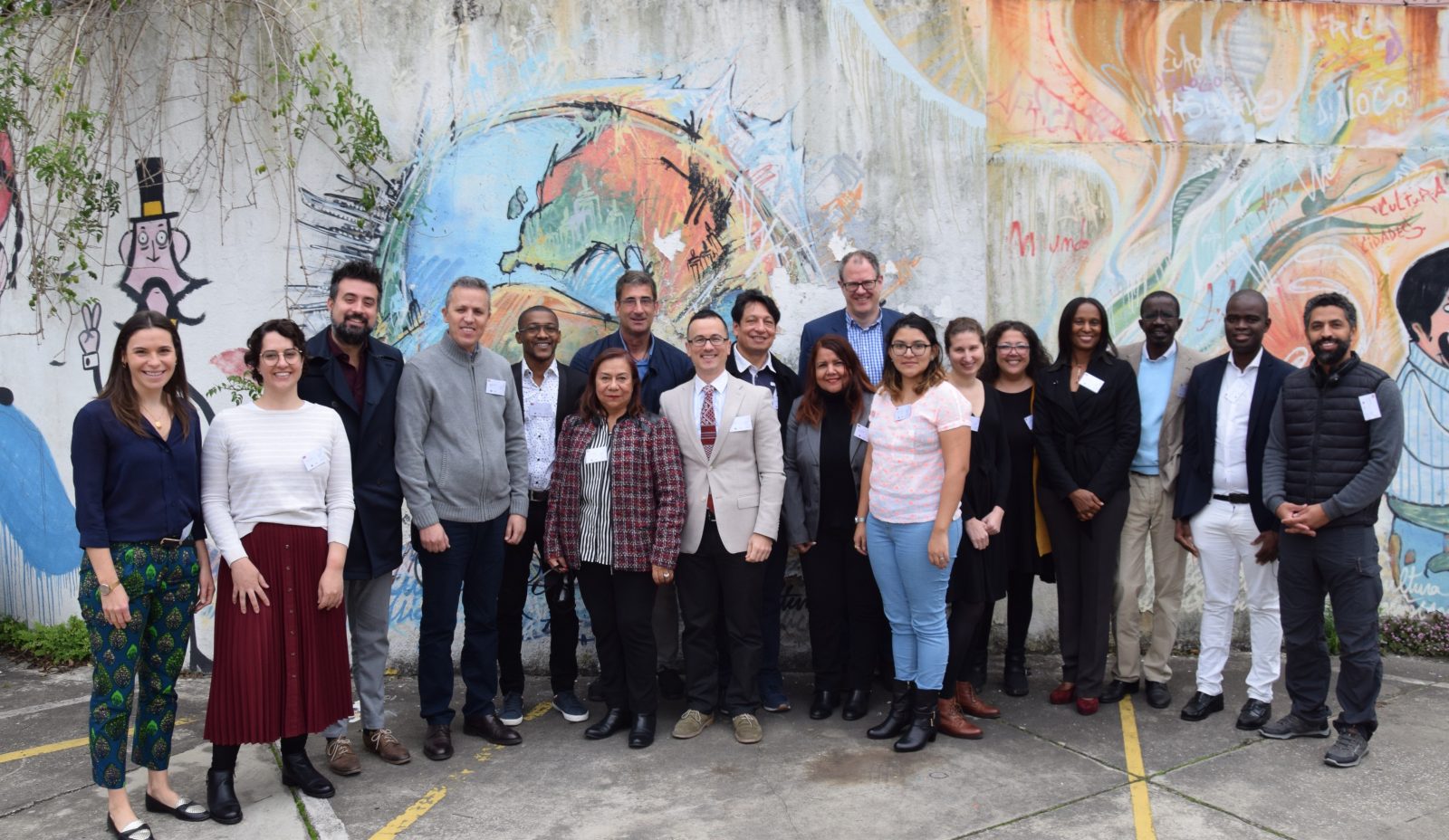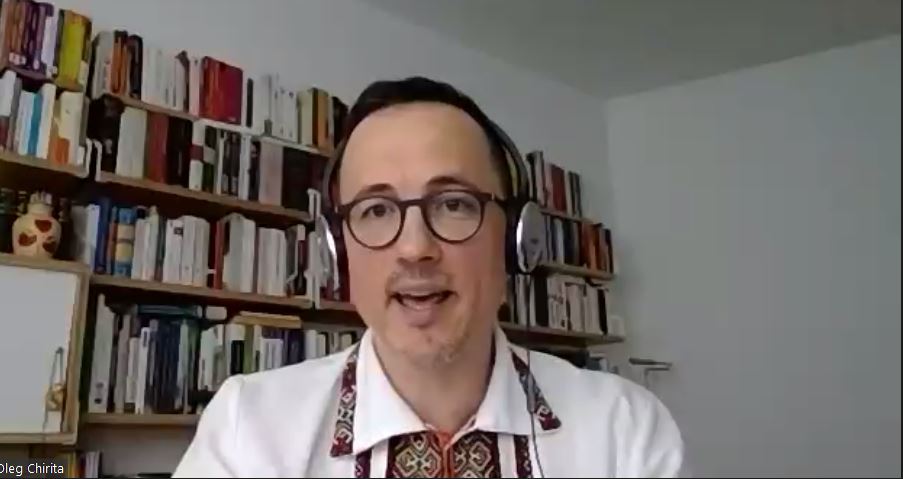
Oleg Chirita, Head of Programme Global Initiatives, reflects on EUDiF’s first year of implementation and what the next 12 months will bring.
We started EUDiF’s first year full of enthusiasm for the vast potential of diaspora for development. Yet we had an equal awareness of the challenge of our aspiration to consolidate existing knowledge on diaspora engagement in order to propose and test concrete actions to enhance, scale-up or begin diaspora engagement activities with a development focus at civil society and government level. A year on and the enormity of the task remains, but in these first 12 months we have prepared the ground and taken big steps to break down the wealth of information into digestible units and plans on how to extract lessons and opportunities from our findings, both to feed EUDiF’s activities and to inspire and support initiatives in the wider diaspora-development ecosystem.
I am indeed delighted with the progress we have made in mapping diaspora engagement policies, priorities and practices around the world through our global mapping. Collating information on 50 countries is no mean feat and my thanks go to Dr Fanny Tittel-Mosser for coordinating this so effectively, and to the team of researchers for bringing the wealth of their regional knowledge to the exercise. I thoroughly enjoyed moderating our ‘Zoom out’ webinar on diaspora engagement, when the researchers shared their initial findings and we compared the similarities and differences across the regions. A lot has been done globally and yet for more purposeful diaspora engagement we still need innovative policies, targeted institutions and solid trust. As we begin our second year of implementation, work is already well under way on the next 50 countries and I for one am curious to see what else we will learn and share with you.

Parallel to the research, we have been active in launching and listening to discussions on diaspora organisations’ interests, needs, opportunities and challenges as development actors. Our first diaspora consultation took place in Lisbon in November. It was intended to be the first of a five-part series of dynamic discussions which would link together to create a mosaic network of organisations with roots in all the regions EUDiF works with (Africa; Asia; Central Asia; Eastern Europe; the Gulf; Middle East; Latin America & the Caribbean; the Pacific). However, due to the global health pandemic we are still in the midst of, we have had to move our consultations into the virtual world. Fortunately the discussions online have been just as dynamic. In fact, during our most recent consultation with organisations based in Western Europe, I was in awe of the creativity and reactivity of the participants to support the Covid-19 response of their fellow diaspora members and the wider community in countries of residence and heritage. These organisations have a lot of potential which should further be reinforced.
As we move into our second year of implementation during this period of uncertainty, the one thing I remain confident of is the immeasurable potential of diaspora for development that originally launched this project. This year will see the launch of our capacity development activities and diaspora expertise mechanism, through which we will seek to answer the needs and challenges identified during our research and dialogues and support diaspora and their countries of heritage to collaborate more effectively with each other. We will also continue to stimulate dialogue with diaspora in Europe and governments of partner countries and European Member States, hoping to bring all actors in the diaspora-development ecosystem together before the end of our second year.
In the meantime, I hope that all who read this will join us on the journey to consolidate, build and test knowledge and practices on diaspora engagement for development – be that by applying for capacity development or diaspora expertise, registering as an expert, sharing research, or contacting us to discuss your projects and collaboration opportunities.
Finally, I would like to thank the EUDiF Team, the European Commission (DG DEVCO) and all our partners for their support and commitment to this facility.
Oleg